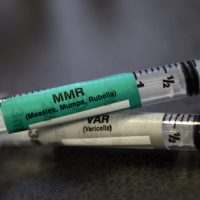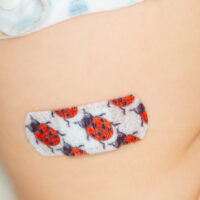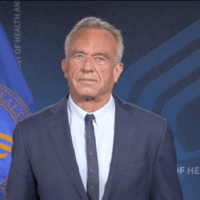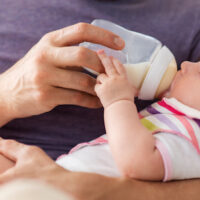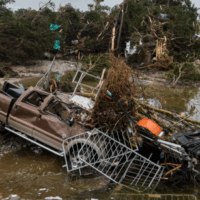On Sept. 18, the vaccine advisory committee for the Centers for Disease Control and Prevention voted to change its recommendation on the combined vaccine for chickenpox and measles, mumps and rubella, called the MMRV vaccine. We spoke to experts about claims made at the meeting as well as the implications of the vote.
Stories by Kate Yandell
Trump Administration’s Problematic Claims on Tylenol and Autism
The Facts Behind Claims on Autism, Tylenol and Folate
News reports have indicated Health and Human Services Secretary Robert F. Kennedy Jr. may point to Tylenol and folate deficiency in his promised announcement on the causes of autism. But neither Tylenol nor folate deficiency has been shown to cause autism. Some evidence has pointed away from Tylenol as a risk factor.
RFK Jr. Cherry-Picks and Misuses Data on Aluminum-Containing Vaccines
A large Danish study recently provided reassurance that aluminum-containing vaccines are not associated with increased rates of chronic health conditions in children, including autism. But Health and Human Services Secretary Robert F. Kennedy Jr. misrepresented the study’s findings, claiming that the paper’s supplementary data “shows calamitous evidence of harm.”
Q&A on the Trump EPA’s Effort to Curtail Regulation of Greenhouse Gas Emissions
The Environmental Protection Agency is holding public hearings this week on its effort to undo the legal foundation for its regulation of greenhouse gases, the heat-trapping gases that cause climate change. In a major policy shift announced in late July, the Trump administration EPA said it would rescind the so-called “endangerment finding,” which allows the agency to regulate such emissions, arguing that legal and scientific developments justify a reconsideration.
RFK Jr. Justifies Cuts to mRNA Vaccine Projects With Falsehoods
In justifying the government’s termination of $500 million in funding for mRNA vaccine projects, Health and Human Services Secretary Robert F. Kennedy Jr. falsely claimed mRNA vaccines “fail to protect effectively” against COVID-19 and suggested they are unsafe. The mRNA shots saved millions of lives during the COVID-19 pandemic and have shown promise against influenza.
FDA Commissioner Spreads Unsubstantiated Concerns About Seed Oils in Baby Formula
Weather Modification Played No Role in Texas Floods
Presentation Before CDC Vaccine Panel Misleads About Thimerosal
A CDC advisory panel vote to recommend against use of seasonal influenza vaccines containing small amounts of thimerosal followed a presentation that misled on the risks of the rarely used preservative. There isn’t evidence that thimerosal in vaccines is harmful, and studies assessing a variety of health problems, including neurological conditions, have supported its safety.
